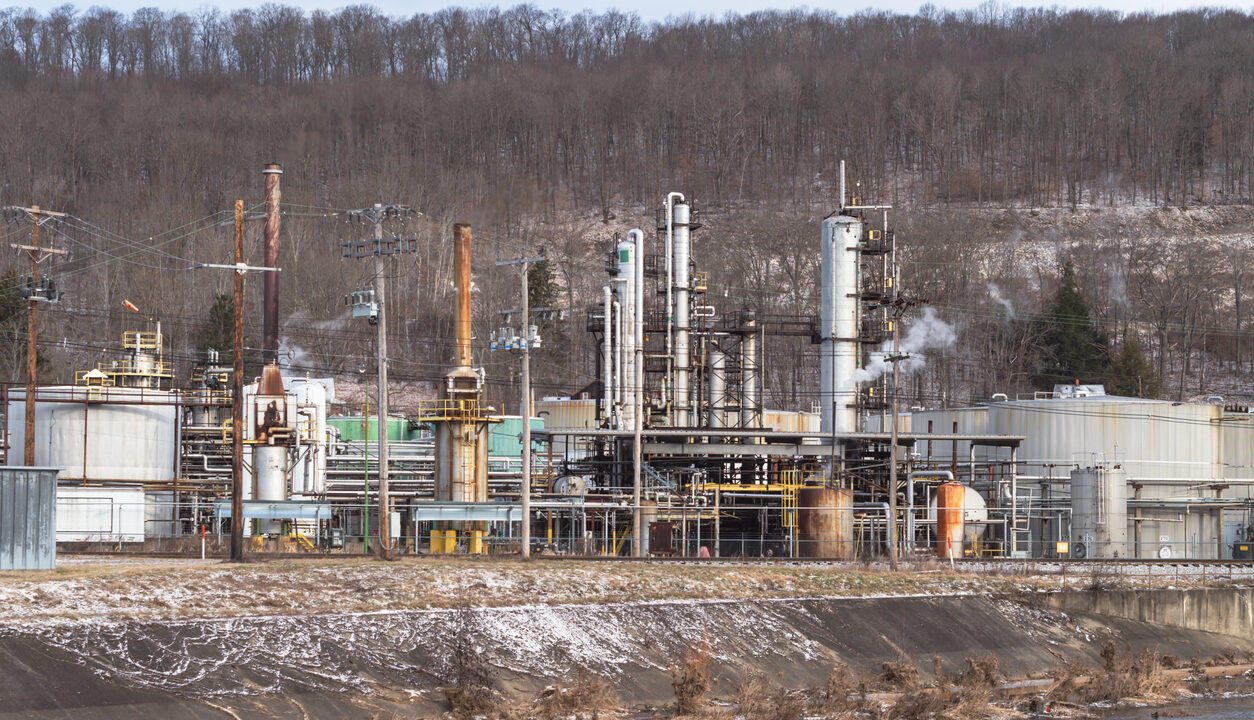Press Release

EPA’s Latest Carbon Emissions Rule Is a Raw Deal for Pennsylvanians
Harrisburg, Pa., April 26, 2024 — The Environmental Protection Agency (EPA) unilaterally issued a final rule establishing draconian carbon dioxide emission standards, targeting coal and new natural gas power plants. The rule, submitted this week to the Federal Register, would require 90 percent carbon capture for power-generating facilities—a change that will drastically raise Pennsylvanians’ electricity costs and destroy the state’s natural gas industry.
Commonwealth Foundation Senior Manager of Energy Policy André Béliveau issued the following statement in response:
“The EPA’s final rule is another excessive radical scheme to emerge from the current administration with sweeping federal overreach. Yet another consequence of policies imposed by unelected bureaucrats, the rule aims to effectively shut down the fossil fuel industry.
“Pennsylvanians deserve access to affordable and reliable energy, but the EPA’s decision threatens their ability to keep the lights on and properly heat their homes. Alongside Governor Shapiro’s harmful Pennsylvania Climate Emissions Reduction Act (PACER) and the Regional Greenhouse Gas Initiative (RGGI), this EPA rule will wreak havoc on the state’s economy.
“The Keystone State is the nation’s second-largest natural gas producer and the largest energy exporter. As such, Pennsylvania is uniquely vulnerable to bad energy policies intended to undermine our abundant natural gas resources. Whether those policies come from Harrisburg or Washington, DC, the impact is the same: our families and businesses pay the price.
“Natural gas accounts for nearly 60 percent of Pennsylvania’s electricity generation—and despite what progressives would have you believe, natural gas has reduced our state’s overall emissions. Data from the Independent Fiscal Office (IFO) shows that, from 2022 to 2023, Pennsylvania successfully reduced CO2 emissions by 10.8 percent year-over-year—the largest decrease since the 1990s. All the while producing even more reliable power. How? Transitioning from coal to natural gas for power. The EPA’s rule threatens to upend this positive trend and artificially shift the market toward more unreliable sources.
“Policymakers should remove regulatory barriers preventing our energy industry from continuing to provide reliable, increasingly clean power. It shouldn’t hamstring our state with onerous, job-killing regulations. Additionally, our congressional delegation should advance the REINS Act, a policy supported by 79 percent of Pennsylvania voters that would boost accountability and transparency in the Federal regulatory process.
“Pennsylvania must be free to develop the optimal mix of energy sources at the lowest possible cost while ensuring reliability and investing in innovation. That is the path to prosperity.”
###
The Commonwealth Foundation turns free-market ideas into public policies, fostering prosperity for all Pennsylvanians.